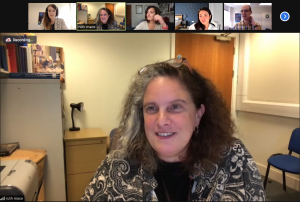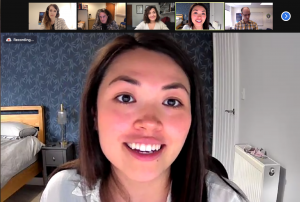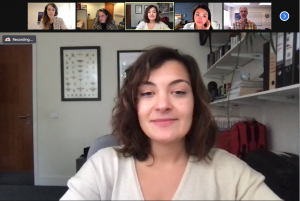This conversation was led by Ruth Mace, Professor of Evolutionary Anthropology at University College London, Emily Emmott, Lecturer in Anthropology at University College London, and Gul Deniz Salali, Lecturer in Evolutionary Anthropology at University College London. Prof. Mace outlined the main conclusions from taking a behavioural ecological approach to understanding the diversity of responses to behavioural responses to the COVID-19 pandemic. Dr. Emmott outlined her research on how the pandemic disrupted social networks, focusing on mothers of young babies and the risk of depression. Dr. Salali presented the findings from her ongoing project that tackles vaccine hesitancy (a delay in acceptance or refusal of vaccines) using predictions from cultural evolution theory.



Resources discussed:
- Arnot et al. 2020, “How evolutionary behavioural sciences can help us understand behaviour in a pandemic”
- Myers and Emmott 2021, “Communication across maternal social networks during England’s first national lockdown and its association with postnatal depressive symptoms”
- Salali and Uysal 2021, “Effective incentives for increasing COVID-19 vaccine uptake”

Comments are closed, but trackbacks and pingbacks are open.